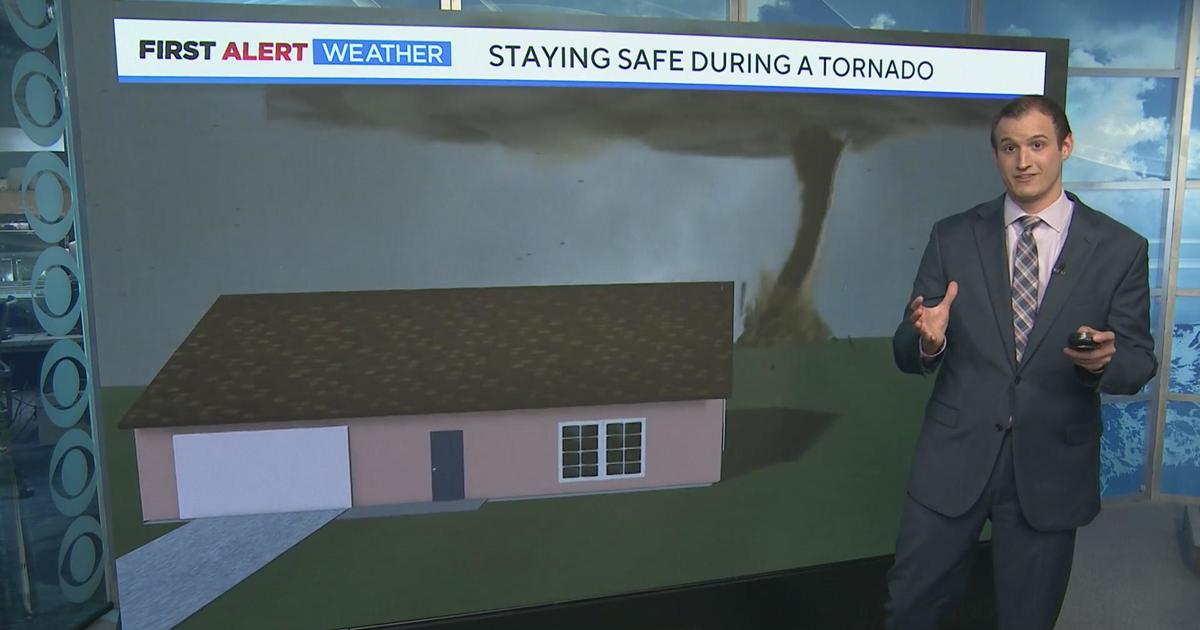Playing With Electricity: The Danger Of Lightning In Colorado
We've jumped right into the lightning season here in Colorado, and even though I bet you know quite a bit about these searing bolts of electricity, there are some facts that you should always keep in mind.
Such as: it's hot. Really hot. One bolt equals 50,000 degrees F.
Forget the temptation to count out a football cadence to guess distance. A bolt can strike up to 15 miles away -— meaning if you're relying on the old "one, one thousand, two, one thousand" to gauge a safe distance, forget it. If you can see lightning or hear thunder it can get you.
So, if you can hear thunder, it's time to seek shelter. Solid shelter.
Your best bet: run like lightning to the nearest shelter -- not a tent, not a canopy, not a porch -- but something with four solid walls. Even a car is better than nothing.
RELATED: Colorado's Biggest Weather Killer Likely Isn't What You Think
Speaking of a mobile, it's not the rubber tires that protect you from the strike; it's the electricity dissipating over the surface of the vehicle into the ground. A few inches of tread isn't going to protect you from that degree of heat.
Once inside, stay away from plumbing, landlines, even concrete (which often has metal rods embedded in it).
Then don't forget it's a bad idea to stand by a door or window taking in the oohs and aahs of a lightning show. The last thing you need is a close strike that blows the glass in.
How about if you're stuck outside? Make yourself small. Crouch into a ball. On the other hand, don't lie down and make yourself flat. The ground current of a lightning strike can travel across 60 feet of land surface.
Actually the two main factors for a strike: height and isolation, meaning lightning will generally hit the tallest thing in the area, especially when there are more than a few things in the area.
Therefore, if caught outside don't head for the nearest tree.
Lightning can strike the same place twice — so if it misses the first time, don't be surprised if it takes another shot at you.
Lightning is not attracted to metal, so while holding a golf club into the air during a storm is a dense idea, the club is not a magic attractor. It's the height. Same goes for an umbrella.
Immediately get off elevated areas such as hills, mountain ridges or peaks.
Get out and away from ponds, lakes and other bodies of water. Water is a great conductor of electricity.
Stay away from objects that conduct electricity (barbed wire fences, power lines, windmills, etc.)
And if you are with someone who is struck by lightning, help them. They are not electrified.
Key point to wrap this up: you've heard the phrase "strike out of the blue"? That comes from the fact that if there is thunder, you don't need an ominous dark cloud right over your head.
You've heard don't play with fire -- well, don't play a game of "chicken" with electricity.
Have a safe spring and summer!



